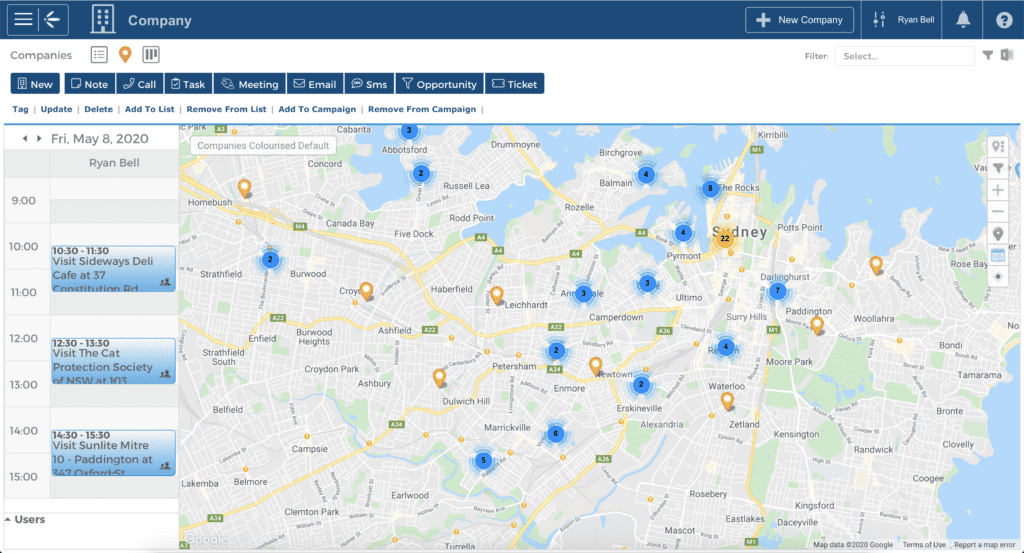On-Site Job & Field Service Management
Revolutionise your field operations with Tall Emu’s Job and (FSM) Field Service Management software. Our Australian CRM streamlines scheduling, optimises asset management and enhances customer satisfaction.

Track and Organise with Ease
Asset Management
Track and manage your critical assets with Tall Emu’s intuitive organisation tools and real-time tracking capabilities. Tall Emu’s field service management solutions ensure that every asset, whether it’s regularly serviced or sold to a customer, is accounted for. This not only enhances operational efficiency but also reduces the risk of asset mismanagement, enabling businesses to deliver superior service.

Streamline Assignments and Resources Efficiently
Job Scheduling
Experience unparalleled efficiency in your job assignments and planning. With the ability to assign jobs to individuals or teams, schedule start dates and allocate necessary time and resources, Tall Emu streamlines the entire scheduling process. Its intuitive interface allows for easy adjustments and real-time updates, ensuring that every job is matched with the optimal resources and personnel.

Facilitate Seamless Communication and Documentation
In Field Servicing
Ensure proper in-field and on-site management with our job management software features. Tall Emu’s field service management CRM allows technicians to quickly access job details, update statuses and even generate comprehensive PDF reports detailing the work performed, all from the field. Improve customer service by ensuring that all necessary information and tools are at your technicians’ fingertips.

Elevate Job Management Processes Effortlessly
Jobs System
Leverage the power of Tall Emu CRM integrations within our Job System to streamline the creation, tracking and billing of jobs. Experience a seamless flow of information, enabling your business to manage time-based or periodic tasks, like servicing for maintenance, with unparalleled efficiency. Whether it’s about maintaining a detailed record for each job, assigning tasks based on specific requirements, or billing customers accurately, the Job System handles it all.
Jobs Management and In Field Services
Whether your business specialises in on-site servicing or requires detailed job oversight, our job management and field service management software delivers a robust set of tools tailored to streamline every aspect of your operations.
Automations and Workflows
Automations let you trigger emails, updates or tasks based on specific events. Create automated workflows automatically to match your business.
Asset Management
Organise and track assets critical to your business operations, whether they require regular maintenance or sold to a customer.
Job Scheduling
Assign tasks to individuals or teams, set start dates, and allocate the necessary time and resources with ease.
In Field Servicing
Allow your field staff to access job details on the go, update job statuses in real time, and generate detailed PDF reports.
Jobs System
Manage the lifecycle of a job by allowing the seamless creation, tracking and billing of both time-based and periodic jobs.
Job & Field Service Management (FSM) Frequently Asked Questions
Can’t see your question? Ask us now!
Fill in the form below and our team will get back to you with an answer.


